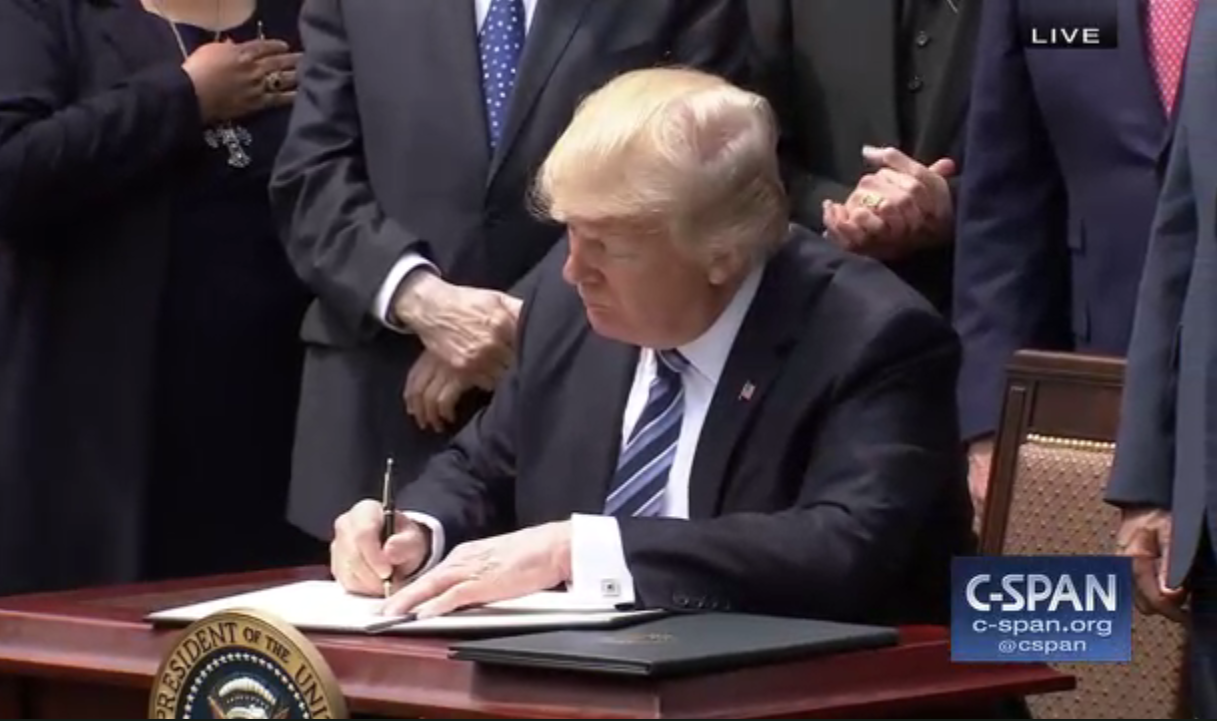Abortion rights, women of color, and LGBTQI+ people are under attack. Pledge to join us in fighting for gender justice.
New Jersey Women Deserve a Raise
In the fight to increase women’s economic security and close the wage gap, there is exciting news from the state of New Jersey. The New Jersey state Assembly and the New Jersey state Senate have both passed a bill that would raise New Jersey’s minimum wage from $8.38 per hour to $15 per hour by 2021. This is welcome news for all working families in New Jersey, and particularly for women and people of color in the state, who are overrepresented in low-wage jobs. These jobs provide essential services that communities depend on, but low wages leave women struggling to support their families. A mother with two children working full time, year round at the current New Jersey minimum wage of $8.38/hour will fall $2,300 below the federal poverty line.
A $15 minimum wage will mean a raise for about a quarter of New Jersey’s workers by 2021, allowing many working people to lift their families out of poverty. Women and people of color are especially likely to benefit: 53 percent of the New Jersey workers who will see bigger paychecks—over half a million—are women, and 51 percent are people of color. Because women are disproportionately represented in low-wage jobs, raising the minimum wage is an important first step in New Jersey, and around the country, toward closing the wage gap.
To be clear, this bill is far from perfect. Chief among its flaws is that it doesn’t touch the minimum wage for people who work in tipped jobs—most of whom are women. Employers in New Jersey are only required to pay tipped workers the federal tipped minimum wage of $2.13/hour, a wage that hasn’t increased in 25 years. While employers must make up the difference when tips don’t add up to at least the state minimum wage, many employers fail to do this. Women working for tips in New Jersey live in poverty at twice the rate of other working women—and they are also far more vulnerable to sexual harassment on the job. When minimum wage laws leave behind tipped workers they are leaving behind women. While this bill is a step in the right direction, we must fight for one fair wage for tipped and non-tipped workers in any effort to raise wages.
Unfortunately for hard working New Jerseyans, this minimum wage hike is far from a done deal. Although the bill has passed both the state Assembly and Senate, Governor Chris Christie is expected to veto. Low-wage workers have spent too much time already working long hours for paychecks that don’t adequately support their families. I hope that Governor Christie doesn’t pass up this opportunity to give the working women of New Jersey a much needed boost.





